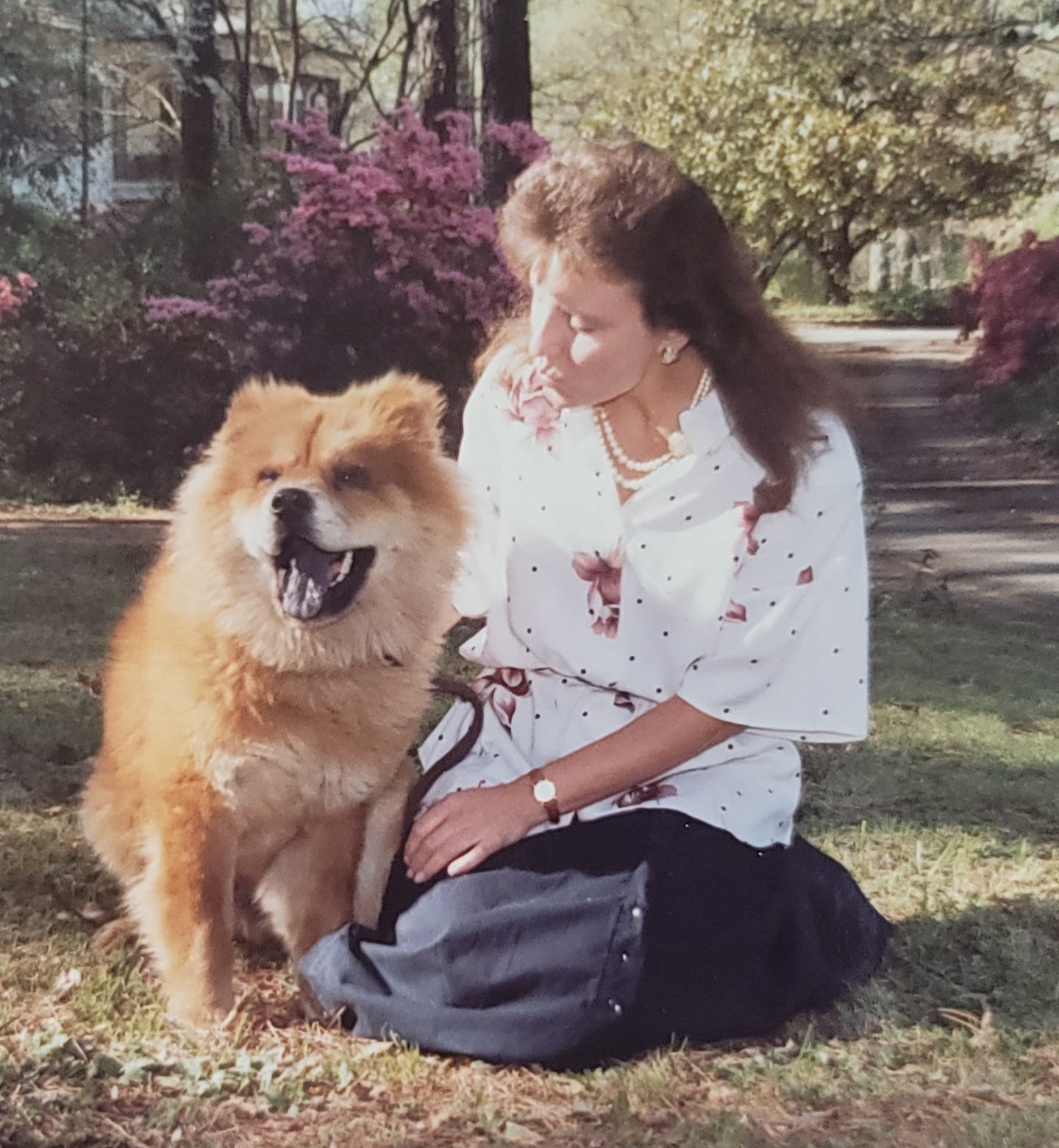https://cruisinorganics.com/products/Benefits-of-E...
I found this article on Consumer Reports and it is very informative by Consumer Advocate Warnings:

ESSENTIAL OILS & YOUR PETS
In the search for natural alternatives to store-bought flea repellents or prescription anxiety medication, an increasing number of pet owners have added essential oil products into their pet care routine.
This approach has been recommended by many holistic doctors and well-known animal rights organizations, for example, People for the Ethical Treatment of Animals (PETA). In fact, PETA advises pet owners add “rosemary, peppermint, eucalyptus, tea tree, and citronella to a cup of water” and spray it on a dog’s fur to combat fleas.
However, most experts agree, almost all these oils can be
toxic to your pet, especially when applied topically or ingested (which a dog is likely to do if it’s sprayed on their fur).
While PETA recommends that owners dilute these with water, ultimately dosage depends on the weight of the animal and accidentally high doses of certain oils – especially tea tree – can prove to be life-threatening.
Many essential oils are metabolized through the liver, and while adult humans have the enzymes required to process small amounts, most domestic animals do not. Cats are especially vulnerable, as they lack the enzymes needed to metabolize most of these oils, especially when applied topically or ingested. But problems can arise from even indirect contact.
Diffusing essential oils, while recommended by some holistic vets as a good way to ease anxiety, can also be problematic, especially if using a nebulizer instead of a diffuser. Unlike diffusers, nebulizers actually emit microdroplets of pure oil into the air. These microdroplets can end up on your pet’s fur, where they can be absorbed into the body or
licked and ingested.

While this doesn’t mean you should never use a diffuser, make sure to do so a well-ventilated area, where pets are free to come and go.
It’s also important to note that, due to their delicate respiratory tract, birds are especially vulnerable to airborne particles. If you do have pet birds, make sure to never use a diffuser or nebulizer around them.


